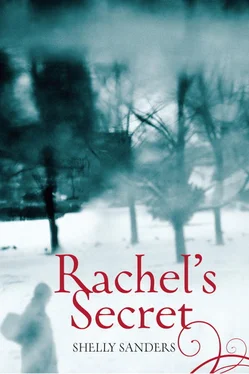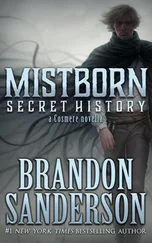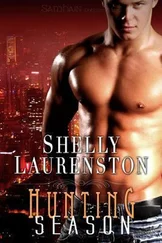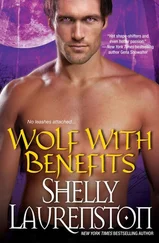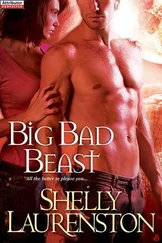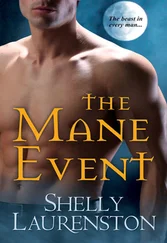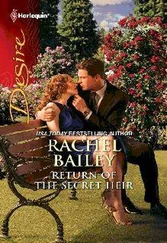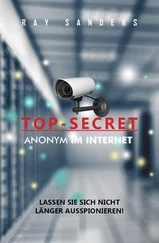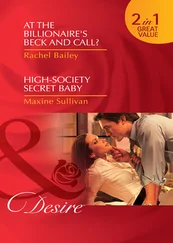“I saw it,” she began in a faint voice. “I saw Mikhail’s uncle and cousin stab him on the river.” She paused to take a deep breath. “I saw everything.”
The courtroom erupted into a frenzy of shouting with accusations flying past Rachel from every direction. But she did not take her eyes off Goremykin, who shifted uncomfortably under her gaze.
“Enough!” he cried, looking beyond Rachel at the spectators. The room quietened down. “Who are you?” he asked.
“Rachel Paskar,” she answered. “I was a friend of Mikhail’s. I skated with him on the day…right before…he died.”
He nodded for her to continue.
“I left, but forgot my shawl by the river and was going back to get it when I saw Mikhail talking with two men. Then I heard Mikhail call for help, and I hid behind a tree. He called the man ‘uncle’ and the boy ‘Philip.’ I did not hear much of their conversation, only Mikhail’s cries for help. I saw his uncle pull a knife out of his pocket and stab Mikhail.” Her voice broke but she was determined to finish. “Then Philip kicked him while his uncle kept stabbing him.”
She lowered her eyes for a second, then raised them again.
“Why did you not come forward earlier?” he asked without criticism.
She paused. “Because I am Jewish, and I saw the policeman’s cap on Mr. Rybachenko’s head. Who would believe a Jewish girl over a policeman? But I did tell my sister, and Sergei…Sergei Khanzhenkov. His father was the chief of police.” She hung her head. “Sergei told his father, but he didn’t believe him at first.”
She lifted her eyes to Goremykin, who began twirling his whiskers. He gazed at the courtroom for some time before he spoke, then he thanked her for coming forward. He told the lawyers that her testimony would be entered as evidence, and asked each lawyer if they had anything or anyone else to present. Neither did. Goremykin fixed his eyes on the senators and instructed them to retire and settle on a verdict.
Rachel trembled as she watched the senators file out. She could see in Goremykin’s eyes that he believed her, but she was not sure of the senators at all. As she walked back to her seat, her eyes rested on Mikhail’s grandfather. His lips curled up slightly and his eyes softened, as if he was saying thanks to her for standing up and speaking the truth. She saw Mikhail in his weathered face, and she knew that this man, a stranger to her, was a good person like his grandson. Her spirits rose through his silent approval, and for the first time in months she felt genuine hope that things really might get better.
The senators returned in an hour. Goremykin read the verdict, which found both Mikhail’s uncle and cousin guilty, and sentenced them to hard labor—Vasily to ten years and Philip to five. The courtroom was silent as the words sunk in, then it burst into a cacophony of voices that trailed Rachel as she rushed out of court. She was shocked by her own boldness, yet proud of what she had done. She could not bring Mikhail back, but at least she’d made sure the people responsible were punished. Truth had finally conquered evil.
Rachel pulled her shawl tighter around her neck and turned left, toward her old house on Asia Street. She needed to see it one last time before she left Kishinev forever. The roads were still littered with broken doors and windows pushed off to the side, as if they were paying homage to people like her father and Mr. Berlatsky who’d lost their lives in the massacre.
Many businesses were still shut down: a tavern, a bookshop, a hat store, a vegetable market. Rachel wondered what had happened to the owners, and if the shops would ever open again. Fewer people walked along the streets now than before the massacre, and they moved in silence, heads bowed.
The signs of devastation increased as Rachel approached her home. Furniture that had been smashed to pieces lay in piles, abandoned, like so many of the people in the hospital. She stopped when she reached the courtyard of her former house. She touched the cold, stone wall and choked back tears.
A pile of broken tiles lay on the ground, and the courtyard was still strewn with feathers, broken glass, a torn sleeve, and a child’s pinafore. The doorway of their house had been boarded up with wood scraps and through the broken windows and twisted frames, there was nothing but darkness.
It looked like a shack, but for Rachel, it held a lifetime of memories—eating Shabbos dinners, playing chess with her father in front of the hot stove, lying on her bench reading, helping her mother prepare meals, arguing with Nucia, then making up. Her previous life flipped through her mind like the pages of a picture book.
As she stared at the remains, she saw something protruding from under a piece of broken glass. Rachel dug away at the spot with a stick until she could see more clearly.
“Father’s tallis!” she whispered.
She tore away the debris on top of the prayer shawl until she was able to pull it out. Though no longer white, it was in one piece. Rachel closed her eyes and pictured her father wearing it to the shul. The image settled her and made her feel as if her father was watching over her, Nucia, and her mother.
When she opened her eyes, Rachel felt someone watching her. Turning slowly, she found herself face to face with a tall Russian man, the journalist Korolenko whom she’d seen at the hospital. Rachel stiffened and started to back away from him.
“Have we met?” asked Korolenko, in a robust voice.
“I… I saw you at the hospital.”
“Ah, yes, you were reading to some children.”
“That’s right; what are you doing here?”
“I came to this house to see the damage from the riots that took place during Easter.”
Rachel twisted her braid and looked up at him. “Will you tell the truth about what happened, or are you going to spread more lies?”
He peered at her intently before answering. “I always try to tell the truth.”
“What if the people you talk to lie? The newspaper here told nothing but horrible lies about us.”
“I’ve seen those articles.” His eyes seemed to shine as he spoke. “That’s why I’m here. To try and make amends, to set the record straight.” He paused. “Would you like to tell me what happened?”
Rachel stared out at the rubble and thought carefully about what to say. “This is where I used to live. I was here when the riots started,” she began in a hollow voice. “We hid in the outhouse for hours. All night. One man was killed on the roof as we listened. And my father was killed in the shed.”
She cleared her throat and waited for Korolenko to write down what she said. “Mr. Grienschpoun was killed on this spot.” Rachel pointed to an area close to where they stood. “He ran past here.” Rachel sighed and pointed toward the shed. “He ran past here, and he fell down just there…and that’s where they murdered him.”
Korolenko stopped writing and stared at Rachel for a moment.
She moved toward the street. “Mr. Nisensen died in a puddle of mud out there.” She pointed straight ahead. “A police officer was there the whole time. We thought he’d protect us.” She paused. “He didn’t.”
She was suddenly worn out from describing what had happened. She realized that coming back and reliving the events of that night served no purpose. It was time to go forward, to remember the past but live in the future.
“I…I have to go now,” she said. “My mother will be worried.”
Korolenko smiled at her. “Thank you for telling me your story.”
Rachel shrugged her shoulders. “Do you think that women could be writers like you, someday?”
He smiled at her. “Women are not taken seriously as writers now, but that will change.” He paused and gazed into the distance. “If you look outside of Russia, you will see many women attaining fame as writers.”
Читать дальше
